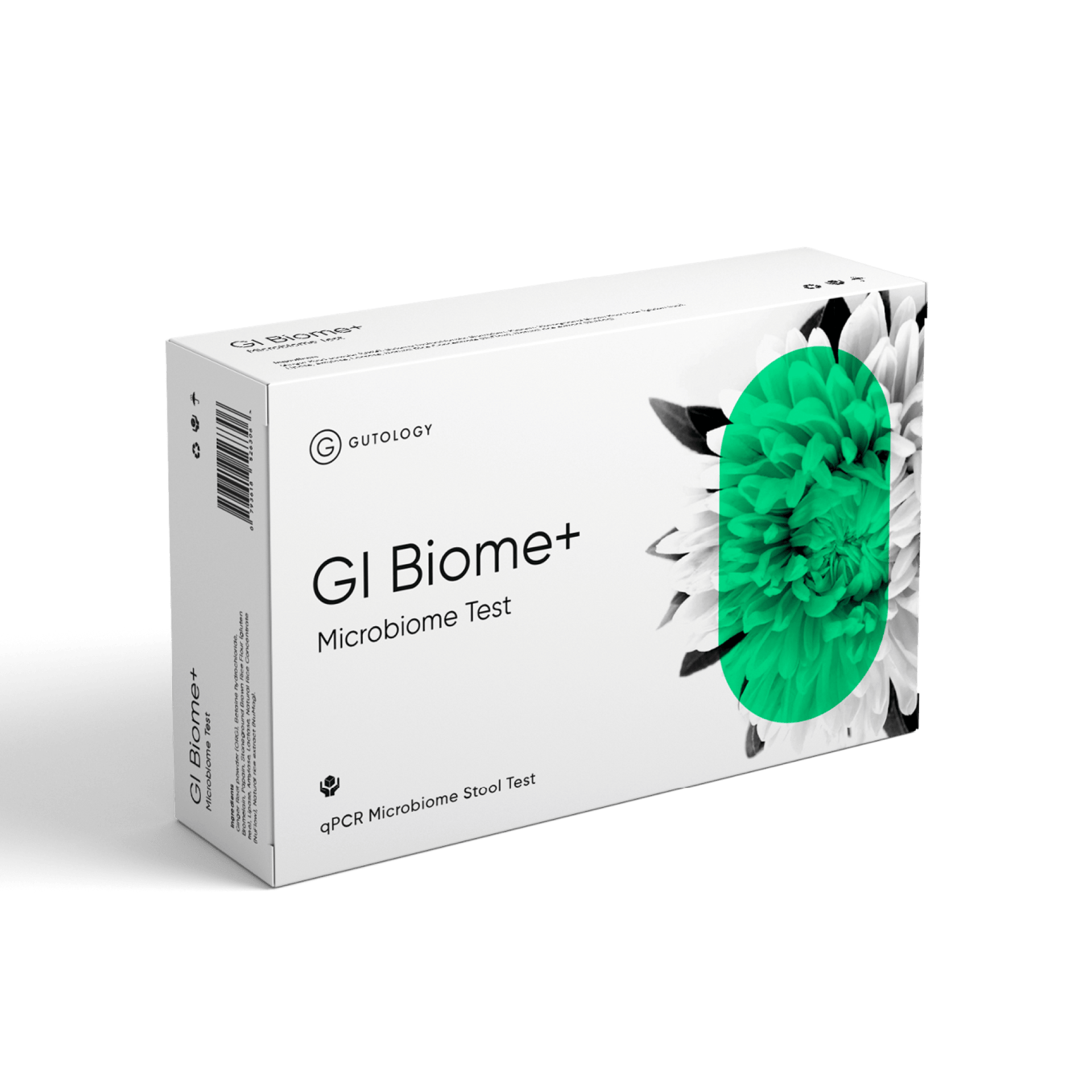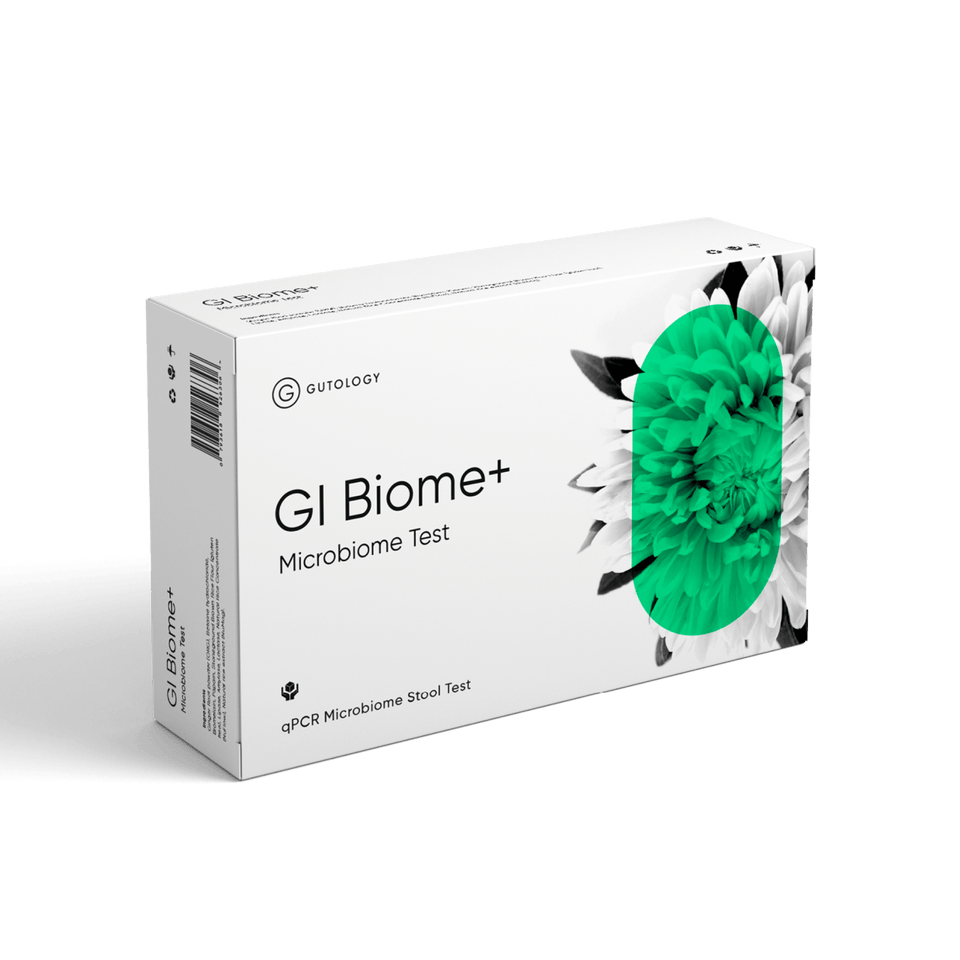It is often argued whether the term ‘organic’ is just a cliché term to allow farmers and producers to charge more for fruit and vegetables or whether their nutrient density is truly better for our health.
What Does It Mean To Be Organic?
Mass conventional production of fruits and vegetables are often heavily sprayed with pesticides with the intention to preserve produce for longer and kill weeds, insects and moulds that may be growing on or near them. These pesticides can be sprayed onto one product of food up to 20 times, leaving residues of chemicals that can be disruptive to our health including interrupting hormonal balance, amplifying neurological disorders and interfering with critical stages of development in infants and young people. These health concerns are now noted by the government and government officials measure residue levels in food consumed in the UK.
Let’s Look In Your Fridge…
We predominantly focus on fruit and vegetables as the most impacted produce, however residues of pesticides can also be present in other foods including oats, wheat and grains, with reports also showing that store bought products, including hummus, canned goods such as chickpeas and raisins, also have implications. Produce marked ‘organic’ refers to food farming that has been produced without the use of pesticides, chemical fertilisers and other artificial chemicals. The option to buy organic is available in most supermarkets across the UK and multiple countries across the world meaning organic is accessible for most.
Organic Made Easy
However, a fully organic diet can be hard to access and can result in increased expense. Frozen foods come at a better price point and can also last a long time, holding their nutritional value for longer! The ‘Dirty Dozen’ list, released annually, outlines which organic produce should be prioritised when looking for loading your shopping trolley.
The environmental working group revises the annual Dirty Dozen list each spring outlining the list of fruits and vegetables that contain highest levels of pesticides and are concerning and therefore should be prioritised to be organic when shopping. The list changes yearly and its a good idea to print it out and stick on your fridge door or add to your phone notes ready for the food shop.
The Dirty Dozen, 2021
In order from most polluted to least:
- Strawberries
- Spinach
- Kale, collard and mustard greens
- Nectarines
- Apples
- Grapes
- Cherries
- Peaches
- Pears
- Bell and hot peppers
- Celery
- Tomatoes.
In contrast, there is also a list known as the ‘Clean 15’ that is also published. This outlines the conventionally raised produce that shows the lowest amount of pesticide residues.
The Clean 15, 2021
In order from least polluted:
- Avocados
- Sweet corn
- Pineapple
- Onions
- Papaya
- Frozen Peas
- Eggplant (aubergine)
- Asparagus
- Broccoli
- Cabbage
- Kiwi
- Cauliflower
- Mushrooms
- Honeydew Melon
- Canteloupe Melon
It is important to remember that eating enough fruit and veg is the most important when it comes to the foods that we consume, regardless of whether or not it is organic. There are still significant nutritional benefits from eating conventionally grown produce that should always be the priority.



